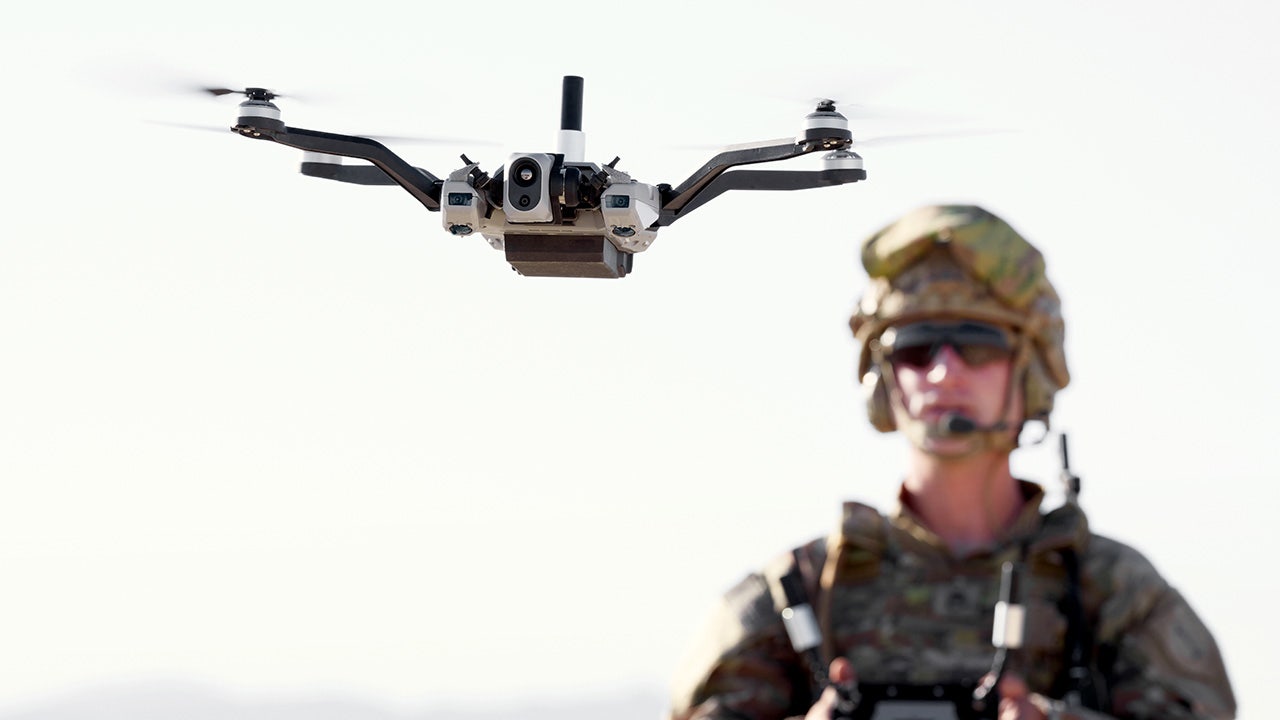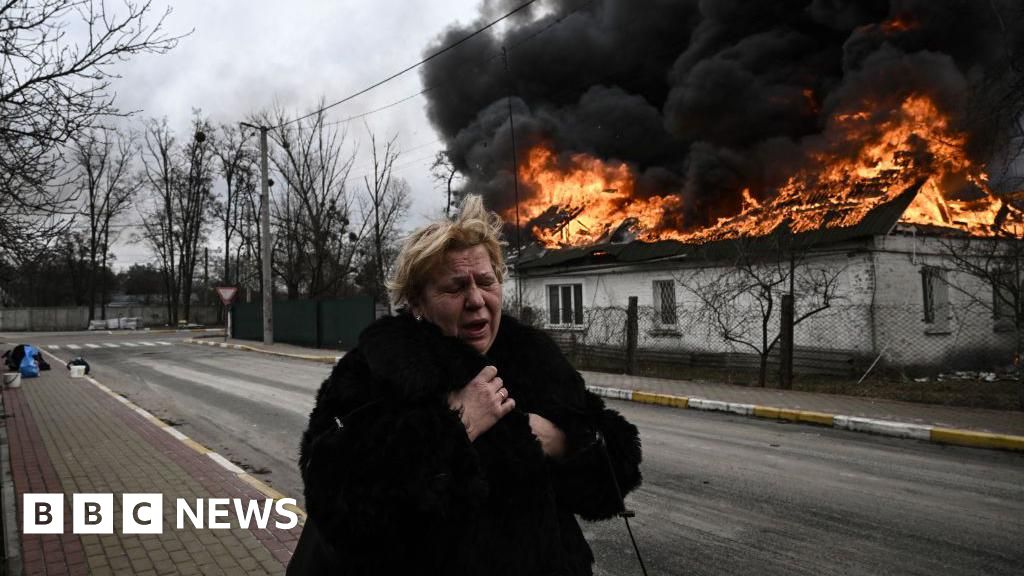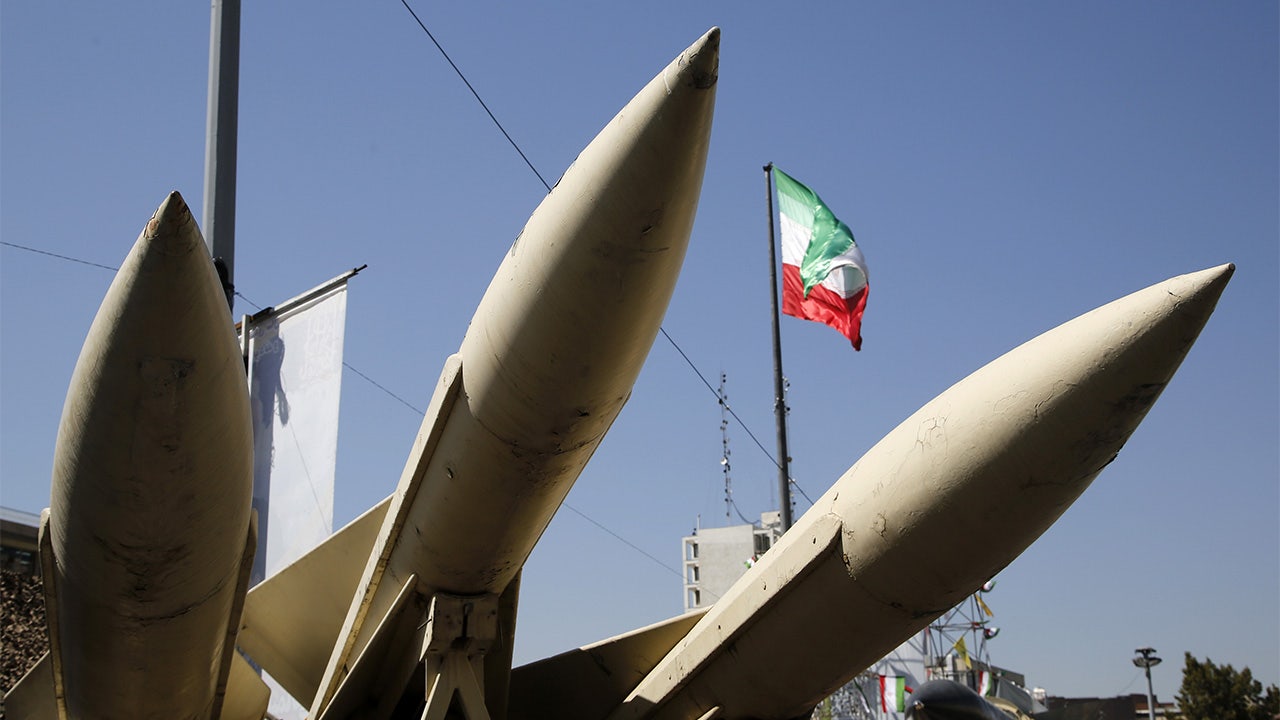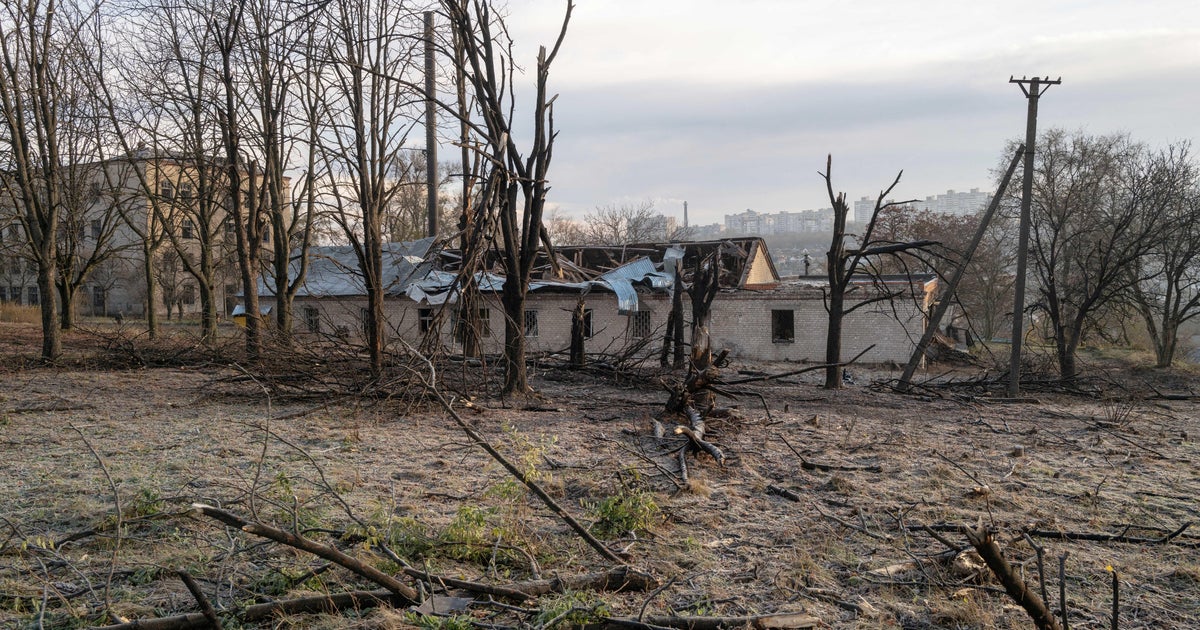Sports
‘You be the judge’: US excuses slammed as theories emerge on ‘absurdly slow’ pool
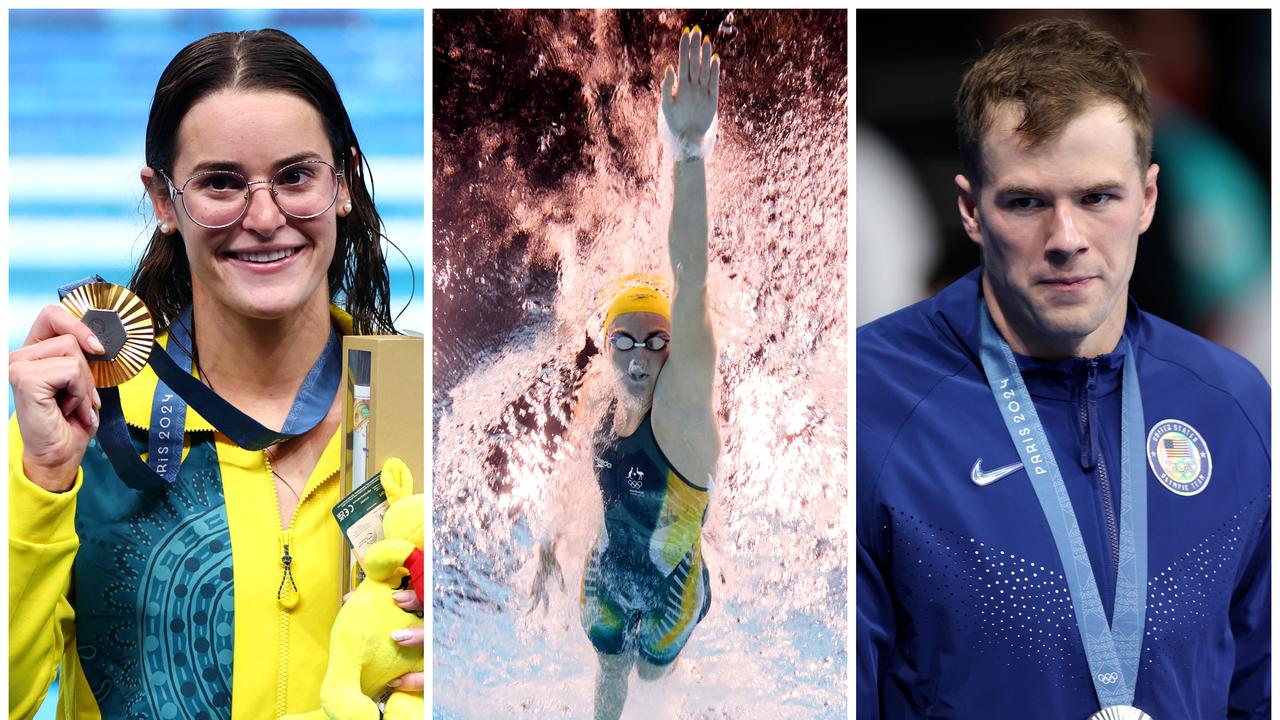
Four days of Olympic swimming have taken place in Paris so far – almost halfway through the nine days of action in the pool.
And there’s two very notable things to come out of the opening stages of the meet.
Firstly, the Australians have enjoyed a stunning start. Four gold medals, two more than the USA who have been left to count a pile of silver and bronze (13 combined).
Australia’s best-ever haul from the pool is seven gold, a mark that could easily be equalled or surpassed in the coming days.
At the same time, America’s struggles have Australia in prime position to claim more gold medals in the pool than the US for the first time since Melbourne 1956.
Now to the second notable thing from the first four days of action: the slow pool. Is it the shallow depth, the cameras and lights placed inside the pool, or just a mental trick?
Either way, everyone’s talking about it – none more so than the Americans.
Two-time Aussie Olympic swimmer James Magnussen said on Fox Sports’ Matty & The Missile podcast: “A lot of complaints about this pool. And I must say, most of these complaints are being aimed by our friends from America.
“They’re not happy with the depth of the pool, they’re saying there’s too many cameras in the pool (and that) it’s causing waves for the swimmers.
“Is that a coincidence that they’ve only got two medals and they’re complaining about the pool depth? You be the judge.”
‘INSANE SCENARIO’: Latest Aussie stunner ignites all-time race between golden girls
BACKSTROKE QUEEN: McKeown owns the throne … now Aussie GOAT status awaits
AUSSIE DAY 4 WRAP: ‘Biggest upset in recent memory’ gets even worse as Aussies blow medal
MEDAL TALLY: Anyone seen the US? Aussie golden girl lands blow on rivals
‘She is THAT good’: McKeown sets record | 02:30
It’s fair to say that America is touchy when it comes to the medal tally – and not just in the pool.
While the International Olympic Committee, Australia, and just about every nation on earth orders the medal tally by gold medals, the US has instead taken to counting total medals. In swimming, it means they lead 15-8 over Australia, even though the Aussies have four golds to two. In the overall medal tally, it means the US is on top with 26 medals overall – even though they only have four golds, which puts them in sixth place.
It’s the same trick they pulled at last year’s World Aquatics Championships, when Australia won 15 gold and 30 total medals – our best result since 2001 in Fukuoka. Last year’s championships was also the first time since 2001 that Australia beat the USA on the table.
Last year, American broadcasters NBC switched from the usual gold-first medal tally to ranking it by total medals during the tournament, once Australia took the lead.
And after the championships, when Australia won 15 golds to America’s 7, USA swimming head coach Bob Bowman refused to concede the Aussies were the better team.
“There are a number of ways to calculate it,” Bowman said. “Total number, USA. Gold medals, pick which one you like. Which one do you like?”
Turns out they only pick the regular medal tally when they’re on top.
But back to the pool, because a grand total of zero world records have been broken in the first four days.
Sure, there’s been Olympic records – often slower than athletes’ PBs – but there’s nothing quite like seeing that little ‘WR’ pop up next to a winning time, or watching a swimmer race the virtual line through the water.
That hasn’t been happening this time around – and there’s no doubt when you look at the times across the board that this meet has been slower than expected.
Biles buries demons with unreal routine | 00:55
No one broke 59 seconds in the men’s 100m breaststroke, for example, compared to the world record 56.88s and the Tokyo gold medal time of 57.37s. Seven of eight finalists cracked 59s in Tokyo. It’s a massive gap – and it’s been repeated in a raft of events.
In nine of the first 12 finals, the winning time was slower than at last year’s World Championships. In nine of the first 15 finals, the qualifying time just to get into a final was slower than the Tokyo Games three years ago.
The pool is clearly shallower, at 2.15 or 2.17 metres deep. When the plans for the temporary pool inside a rugby stadium – which also recently played host to a Taylor Swift concert – were approved in 2019, it met the 2m minimum benchmark. The World Aquatics in 2023 upgraded their minimum standard to 2.5m, and the last four Olympic pools were all 3m deep.
In shallower pools, the water displaced by a swimmer can bounce back more strongly off the bottom of the pool and cause more turbulence – slowing down the athletes, especially as they come back the following lap.
Bow Bowman – yep, that famous US coach from last year – said of his athletes this year: “They’ve noticed that it’s shallower, which it is, because particularly a lot of my swimmers are underwater. So it looks different because they’re closer to the bottom.”
He added that to break a record: “It’ll have to be a significant swim, though. Because if you’re looking at the average times, a world record here would be very outstanding.”
American commentator Rowdy Gaines said on NBC: “Breaststroke is what’s caused a lot of trouble. These waves in this shallow pool … is what’s caused so many issues for so many swimmers.”
Or there was GB athlete Jacob Whittle, who told The Sun that the pool felt choppy.
“It’s a bit like swimming in the sea but not to that extent. There’s a lot of waves when coming out of the turn,” he said.
“But it’s nothing to a high extreme, it’s like the 0.1 of a second, but it’s just something mentally that you have to deal with.”
Matty & the Missile: Full episode, Day 4 | 22:24
An anonymous swimming official told Sports Illustrated: “It’s absurdly slow.
“It lacks depth, but it also has strange levels. And when you have a shallow pool with as many underwater cameras as we now have, it doesn’t help settle the water.”
The official added: “Even after a seven-or eight-minute break between heats, you can see the water still moving.
“And if you go back and watch videos from other Olympics, you can see the surface of the water is like glass before every final.”
German swim coach Bernd Berkhahn said the “issue with the pool in Paris is not just about turbulence” (per The Times).
He believes that in the shallow pool, the “clutter of tech furniture on the floor — equipment linked to cameras, timing and other technical needs — is catching the lights and reflecting it into the faces of swimmers in the last five metres as they approach the wall.”
But one fascinating new theory has emerged – that the turbulence is hitting race leaders harder than those chasing, tiring out the leaders and helping them be caught.
One Olympic coach was anonymously quoted by Sports Illustrated saying: “I don’t think anyone has won a final or semifinal at 200 meters or less leading the race start to finish.
“It’s fascinating.”
The coach is right, too. Plenty of Aussies have pulled off stunning last-lap comebacks to overhaul the leader. In every final (200m or less) so far, no winner has been in the lead after the final turn. Most have been in third or fourth.
If the theory is true, then athletes that are happy to leave their run late and surge home – like Australia’s Kyle Chalmers or Zac Stubblety-Cook – might have an advantage.
EPIC McKeown gold, sevens see SHOCK loss | 01:00
But others have argued the that’s it not the pool, but the pressure of the Olympics and the conditions in Paris, that have made it hard to succeed.
Australia’s Elijah Winnington, who has a bronze and a silver so far this Olympics, said: “Most of the time the Olympics isn’t particularly the best playground for the best swimming in the world that you normally always see at world championships and local meets.
“There’s no pressure quite like the Olympics, but also the environment just doesn’t really permit for it. You’re walking way more in the village, the food’s not what you are normally used to, and the bus rides are longer.”
Kyle Chalmers said: “I think there’s a lot of pressure that people put on themselves. It’s the Olympic Games. A lot of people haven’t swum in an Olympics before,” Chalmers said. “I personally love it, but people do definitely crack under that pressure.”
It’s likely that the slow times for top competitors arises from a combination of multiple factors and, just as importantly, how the athletes feel about the pool.
American star Katie Grimes said, per Yahoo: “I don’t know, a lot of people have been saying they don’t like the feel of the pool. I honestly don’t feel any different in it.
“Sure, the times have been slower, but everybody’s in the same boat, so it doesn’t really matter.”
In the end the times don’t matter, results do.
And as it stands, Australia is in touching distance of our best-ever medal haul from the pool – and beating America for the first time since 1968.
Though they probably won’t show that on their medal tally.

